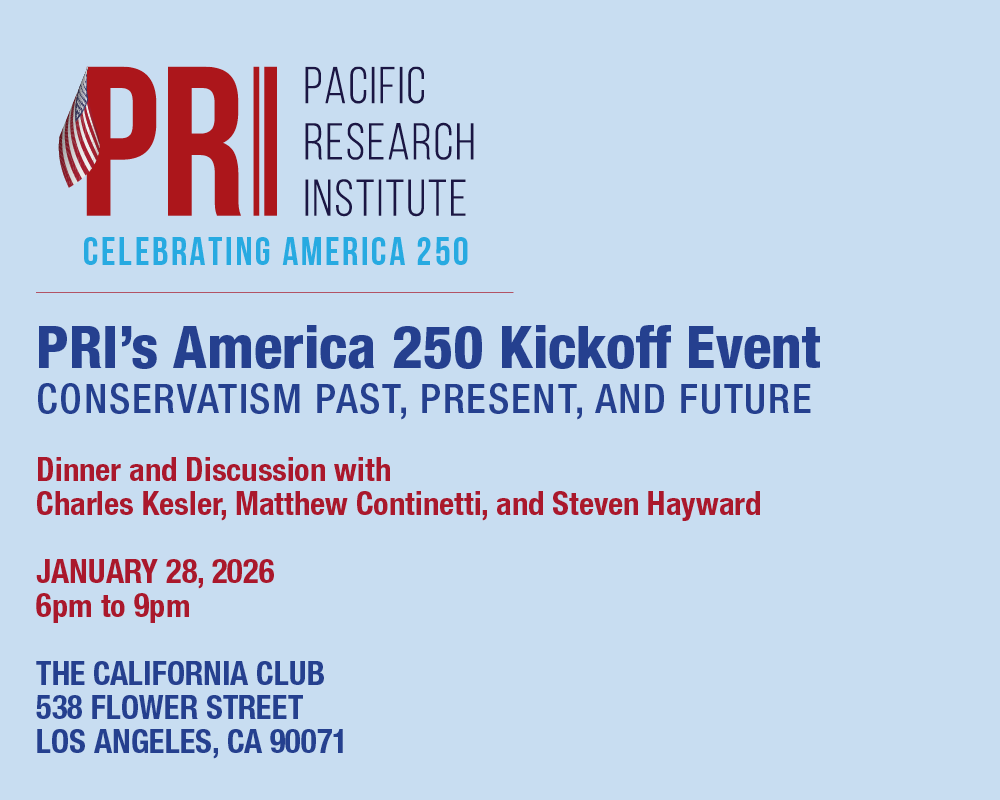“UCSD’s new course requirement;” she says, “is intended to prepare students for the future.”
There’s nothing wrong with teaching climate science. It is a legitimate discipline, just as physics, meteorology, geology, oceanography and astronomy are academically valid sciences.
But there’s no reason to require every candidate “for a bachelor’s degree” who was “admitted to UC San Diego as a first-time, first-year student in fall 2024 or thereafter” to have a “knowledge of climate change.”
Unless the goal is indoctrination.
Why does a history or linguistics or dance or visual arts major need to be “empowered” with “the knowledge and skills needed to confront the urgent global challenge of climate change”? The same goes for the dozens of other majors offered by the school.
It’s obvious that UCSD wants to create an army of climate activists, hoping that other schools will follow (they will).
The school has not added a climate class that has to be taken to meet the requirement but instead will allow the demand to be met by the “many courses” that “overlap with existing general education or Diversity, Equity, and Inclusion courses, as well as courses that apply to major and minor requirements.” Some examples of the acceptable classes are Gender and Climate Justice, Indigenous Approaches to Climate Change and Environmentalism in Arts and Media.
The requirement is probably unnecessary, as there is no shortage of professors, instructors and lecturers at UCSD, and in fact at colleges and universities across the country, who aren’t already inculcating their students with tales of man-made global warming wrecking the planet no matter what the class subject matter is.
By formalizing the instruction, the climate requirement at UCSD will be more like a graduate course than an introductory class, because the conditioning – some would call it a “bombardment of doomsday climate commentary” – is started at a young age. Even kindergarteners are being taught climate change lessons – not only in science classes but in math, language and physical education – with much of the material produced and furnished by the federal government.
In many instances, the teaching literature is provided by private activist groups, including the Sierra Club, which offers an “organizing toolkit” that is intended to “raise the clean energy learning curve of students who will one day be on the frontlines of implementing climate solutions.”
In California, it’s now the law that students from first to 12th grade have to be schooled on “the causes and effects of climate change and methods to mitigate and adapt to climate change.”
“This legislation will cultivate a new generation of climate policy leaders in California as we educate, help prepare, and give our next generation the tools to shape their futures in the wake of our current climate crisis,” says Assemblywoman Luz Rivas, author of Assembly Bill 285, which amends the state education code.
So by the time kids arrive at college, many are lesser known, but no less overly dramatic, Greta Thunbergs.
If schools also included the skeptics’ position to offset the human-caused warming narrative that has gained traction as an unassailable fact rather than the guesswork that it actually is, then we’d have no argument. Both sides would get a fair hearing. But it won’t be that way. The school made that clear from the beginning.
Kerry Jackson is the William Clement Fellow in California Reform at the Pacific Research Institute and co-author of the PRI book, The California Left Coast Survivor’s Guide.


